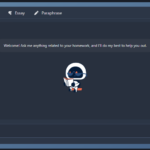You're keen to boost your SEO, right? You've heard about using AI for content generation but aren't sure how it works. Don't worry! This guide will demystify how AI aids in keyword research, content creation, and monitoring SEO.
We'll also show you real-life examples of AI enhancing SEO. So, let's delve into the world of AI and SEO to give your content the edge it deserves.
Understanding AI in SEO
In today's digital era, you need to understand how AI plays a crucial role in SEO to stay ahead of the competition. AI's growing impact on SEO isn't just theoretical; it's a game-changer.
You're probably wondering, 'how does AI improve SEO?' Let's break it down.
Firstly, AI can analyze vast amounts of data much faster than humans. It's able to identify patterns and trends that you'd miss, helping you make more informed decisions about your SEO strategy. For instance, you can use AI to understand what content is resonating with your audience, so you can produce more of it.
Secondly, AI automates repetitive tasks, freeing up your time to focus on strategizing and creating quality content. SEO involves a lot of data crunching and analysis, which can be time-consuming. With AI, you can automate tasks like keyword research, competitor analysis, and on-page SEO optimization.
Lastly, AI can help improve your website's user experience, a critical factor in SEO. AI algorithms can personalize content for users, improving engagement and keeping visitors on your site longer. The longer they stay, the higher your chances of appearing at the top of search engine results.
Importance of AI Content Generation
While you might be skeptical about the hype around AI content generation, it's crucial to realize that it can significantly enhance your SEO efforts. AI content generation isn't just a trendy buzzword; it's a powerful tool that can help you create high-quality, SEO-friendly content at scale.
With AI content generation, you're not just getting random texts strung together. You're getting content that's tailored to your target audience's interests, needs, and search behavior. The AI analyzes data, including keywords and other SEO factors, to create content that's engaging and valuable to your audience. This not only boosts your SEO but also increases your chances of converting visitors into customers.
Moreover, AI content generation can save you time and resources. Instead of spending hours researching and writing content, you can let the AI do the heavy lifting. It's faster, more efficient, and can produce content around the clock. This allows you to focus on other aspects of your business while still maintaining a strong online presence.
But perhaps the most significant advantage of AI content generation is its ability to adapt and learn. As search engine algorithms evolve, so does the AI. It constantly learns from the data it processes, enabling it to produce content that's always in line with the latest SEO trends and best practices.
Utilizing AI for Keyword Research
Although you might've been skeptical about AI content generation, it's time to see how you can leverage it for effective keyword research. AI can help you discover new keywords, monitor keyword trends, and even predict future keyword popularity. You're not just limited to basic keyword research; you can delve deeper into semantic search and LSI keywords.
With AI, you can analyze massive amounts of data in a fraction of the time it would take manually. By learning from past data, AI can recognize patterns and trends that you might miss otherwise. It can sift through tons of search data to identify the most relevant keywords for your niche. It's all about efficiency and precision, and AI brings that to the table.
You can also use AI for competitive keyword analysis. It can provide insights into your competitors' keyword strategies, helping you to craft a more effective SEO plan. AI can extract data from your competitors' sites, analyze their keyword density, and even predict their future moves. It's like having a spy on the inside, giving you an edge over your competition.
Lastly, AI can help you with keyword clustering and mapping. This process groups related keywords together, helping you create more comprehensive content that satisfies search intent. The result? Higher rankings and more traffic to your site.
AI Content Creation Process
Now that you've seen the impact of AI in keyword research, let's delve into the actual process of AI-assisted content creation. Imagine a tool that can write persuasive, coherent, and highly engaging content, all while adhering to search engine optimization guidelines. That's the magic of AI content creation.
The first step in the process is data input. You'll need to provide your AI tool with some basic information. This could be a list of keywords, a brief, or even a title. The AI tool then uses this information as a starting point to generate content.
Next, the AI dives into its vast pool of data, pulling from countless online sources to assemble a piece of content. It's not just spitting out random sentences; the AI tool is intelligently piecing together information, ensuring it's relevant to your provided input.
The AI's algorithms then evaluate and optimize the content for SEO. They ensure the keywords are appropriately used, the content is of the right length, and it's readable and engaging. The AI can even evaluate the emotional tone of the content, ensuring it resonates with your target audience.
Finally, the AI-generated content is ready for review. You can make tweaks and adjustments as needed, but the heavy lifting is done. The AI has created a piece of content that's optimized for search engines and ready to engage your readers.
This process isn't just a time-saver; it's a game changer. With AI-assisted content creation, you're streamlining your workflow, boosting your SEO, and engaging your audience in a whole new way.
Monitoring SEO With AI Tools
After you've leveraged AI for content creation, the next significant step is to use these high-tech tools to monitor your SEO performance effectively. AI can streamline the SEO monitoring process, making it more efficient and accurate.
AI tools like SEMRush, Moz, and RankActive are equipped with advanced algorithms that can analyze your website's SEO performance in real-time. They'll track keyword rankings, backlinks, and organic traffic, providing you with comprehensive and precise insights. This data-driven approach means you're not just guessing what works; you're making informed decisions based on solid metrics.
These AI tools can also identify SEO issues that can harm your ranking. They'll alert you to broken links, duplicate content, or slow page loading times, letting you fix these issues before they affect your SEO performance.
Then there's the predictive analysis. AI can forecast future trends based on your current data. So, if you're planning to launch a new product or want to test a new keyword, AI can predict the potential SEO impact. This means you can be proactive, tweaking your strategy before you roll it out fully.
To make the most of these AI tools, you need to understand the data they provide. Don't just skim over the analytics—dig deep. Look for patterns, identify what's working and what's not, and use this knowledge to refine your SEO strategy.
Case Studies: AI Improving SEO
In your journey to better understand how AI can boost SEO, let's take a moment to look at some real-world case studies that illustrate its effectiveness.
Companies like CanIRank and Market Brew are prime examples of how AI can enhance SEO performance.
First up, CanIRank. This SEO software uses AI to analyze a website's potential to rank for specific keywords. By considering factors like site structure, content quality, and even social media sentiment, the AI provides actionable steps to improve ranking. As a result, CanIRank's users have seen a 2.4 times increase in organic traffic, on average.
Next is Market Brew. Their AI-driven search engine modeling platform allows companies to predict how changes to their website or content will impact their SEO rankings. It's like having a crystal ball for SEO. The platform's precise predictions have led to a 62% reduction in the time it takes for companies to see SEO results.
AI is also making waves in content optimization. Frase, an AI-powered tool, analyzes the top-ranking content for a given query and provides detailed suggestions for content creation. Users have reported an impressive 80% increase in organic traffic.
These cases clearly show how AI can significantly improve SEO. Yet they're just the tip of the iceberg. As AI continues to evolve, it's likely to open even more avenues for SEO enhancement. By embracing AI tools now, you're not just improving your SEO today, but setting yourself up for success in the future.
Frequently Asked Questions
What Is the Cost of Implementing AI in SEO Strategies?
The cost of implementing AI in your SEO strategies can vary greatly. It'll depend on factors like the complexity of the tasks you're automating, the AI tools you're using, and whether you're developing in-house solutions or outsourcing.
Some AI tools may have a monthly subscription fee, while others may require a substantial upfront investment. However, the enhanced precision and efficiency can lead to significant long-term savings.
It's essential to evaluate your needs and budget before deciding.
How Does AI Content Generation Impact the Job Market for Content Writers?
AI content generation might initially seem threatening to content writers' job market. However, it's not all gloom. You're still crucial in the process. AI tools assist you in creating SEO-friendly content, but they can't replicate human creativity and understanding.
You'll find that they're not job stealers, but job enhancers, making your work more efficient and impactful. So, instead of replacing you, AI can actually make you more valuable in the content creation field.
Is There a Specific Size of Business That Benefits More From Using AI in Seo?
Not necessarily. AI in SEO can benefit businesses of all sizes.
For small businesses, it's a cost-effective way to boost online visibility.
Mid-size firms can leverage it to compete with larger rivals.
And for big companies, it streamlines SEO efforts across vast digital estates.
What Are the Potential Risks or Drawbacks of Using AI for SEO Purposes?
You might face several risks when using AI for SEO.
It's possible to generate content lacking human touch or quality, leading to poor user experience.
Also, if AI doesn't fully understand search engine guidelines, it may inadvertently breach them, causing your site's ranking to drop.
Lastly, there's a risk of over-optimization. You've to ensure AI isn't stuffing keywords, as it can turn off both users and search engines.
How Can AI Be Integrated With Other Digital Marketing Strategies Apart From Seo?
You can integrate AI with various digital marketing strategies other than SEO.
For instance, you can use AI to analyze customer behavior and personalize your email marketing.
It's also effective in social media marketing, where AI can automate content curation.
Furthermore, AI can enhance your PPC campaigns by optimizing your bids and ads.
Conclusion
So, you see, leveraging AI for SEO isn't as daunting as it sounds. It's all about understanding its role, using it for keyword research, creating tailored content, and monitoring your progress.
With AI on your side, you'll see a significant boost in your SEO game. Remember the case studies we discussed? They're proof that AI is the future of SEO.
So, don't get left behind. Embrace AI and let it transform your SEO strategy.
















